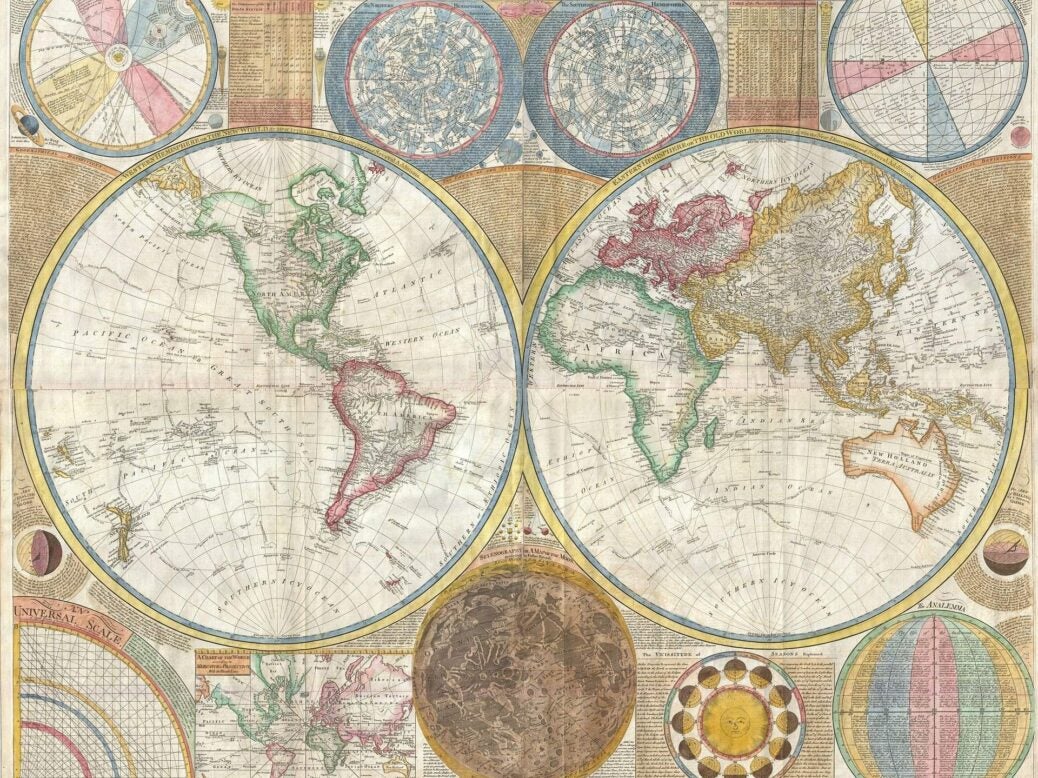
From states curbing liberties to others in denial over Covid-19, all will ultimately face a reckoning
If there is one thing that we have learned over the course of the Great Lockdown, it is that our relationship with government and the nature of the global world order are undergoing a transformational reorganisation. The winners and losers of this upheaval are yet to be fully known, but it’s quite clear the costs will be high, and when the bill comes due it’s unlikely to be settled amicably.
Across the world we are seeing very different responses, not just in terms of how states and local authorities are managing containment, but also how the public views the legitimacy of authority and how it wields power in the context of crisis.
Already on its back foot for the better part of a decade, the hegemony of Western liberal democracies could be delivered a knockout punch by Covid-19. Some pundits are arguing – and I do not necessarily agree – that this crisis will take the most American lives since the Second World War and could cost President Donald Trump re-election. For prime minister Boris Johnson, the Tory agenda is effectively buried, while numerous other elected governments face a collapse of public trust by their citizens in their ability to deliver on the promise of public safety and security.
We are not ideologically well suited to manage a pandemic, and the weaknesses being exposed in Western systems are already a rich source of propaganda to competing new powers. We bristle at the intrusion of government into our private lives, and we instinctively reject authoritarian oversight into our daily decision making.
For those embracing a Burkean sense of unfettered liberty and a baked-in suspicion of the limits of knowledge and expertise, the stay-at-home orders will face serious resistance and uneven application, which in turn will return to us to square one on containment. But this is not to say that the authoritarian model of pandemic response is all bread and circuses.
The reality of the reorganisation of the world order is much more nuanced and complex. At the time of writing, there were only four world leaders still denying the scale of the public health crisis – in Belarus, Turkmenistan, Nicaragua and Brazil.
The conduct of Brazilian president Jair Bolsonaro in March and April has fomented both dissent and non-compliance with stay-at-home orders which will certainly increase the country’s death toll, with devastating political consequences for the president’s party.
Others have approached the crisis as an opportunity to expand authority. Attempting to quell criticism with laws like the one Viktor Orban passed in Hungary could be destabilising because of his past neglect of the public health system. The same effect can be observed in the Philippines, Thailand, and Egypt, where they may be successful in suppressing media coverage, discussion and debate over the impact of the virus, but this pandemic is impervious to censorship.
Countries such as Iran and Russia, which have sought to minimise the severity of their internal epidemics on the world stage while massively mismanaging the response, may have to rely on more traditional mechanisms of repression to contain the public response. China, on the other hand, has managed to downplay the severity of its outbreak while trying very hard to portray a picture of an ‘effectively managed response’, avoiding accountability for botching the first crucial weeks of the pandemic. This fiction is not likely to age well.
In some cases, particularly in poorer countries, governments have drawn criticism for aggressive measures to impose and enforce lockdowns which may be more politically convenient than responsive to public health. Fundamentally, the success of leveraging coronavirus responses as a mechanism for repression depends on the capacity of the regime in question.
For high-capacity regimes like China, controlling the flow of information and the narrative at a domestic and international level is a feasible goal. For a country like Hungary, eventually reality is going to catch up. The collapse of trust could push many states toward different models of governance, while the massive bailout packages are going to increase pressure for redistribution – which will eventually imply the targeting of the world’s wealthiest individuals.
Though we are at a moment in which vastly expanded international cooperation and multilateralism are needed, we see a movement away from this engagement toward respective isolationism.
What unites us is a shared organising principle of uncertainty, where each state – weak or strong – is going to hedge closest to the safest positions to minimise risk while attempting to restore confidence in their institutions if it’s not too late. In such a scenario, it’s going to be a long time before we can go back to normal.
This piece first appeared in issue 74 of Spear’s, available now. Click here to buy a copy and subscribe
Read more
What might society look like after coronavirus?
Cover story: where will Covid-19 leave us in five years?
Inside the latest edition of Spear’s: How the Covid-19 pandemic will transform our world






